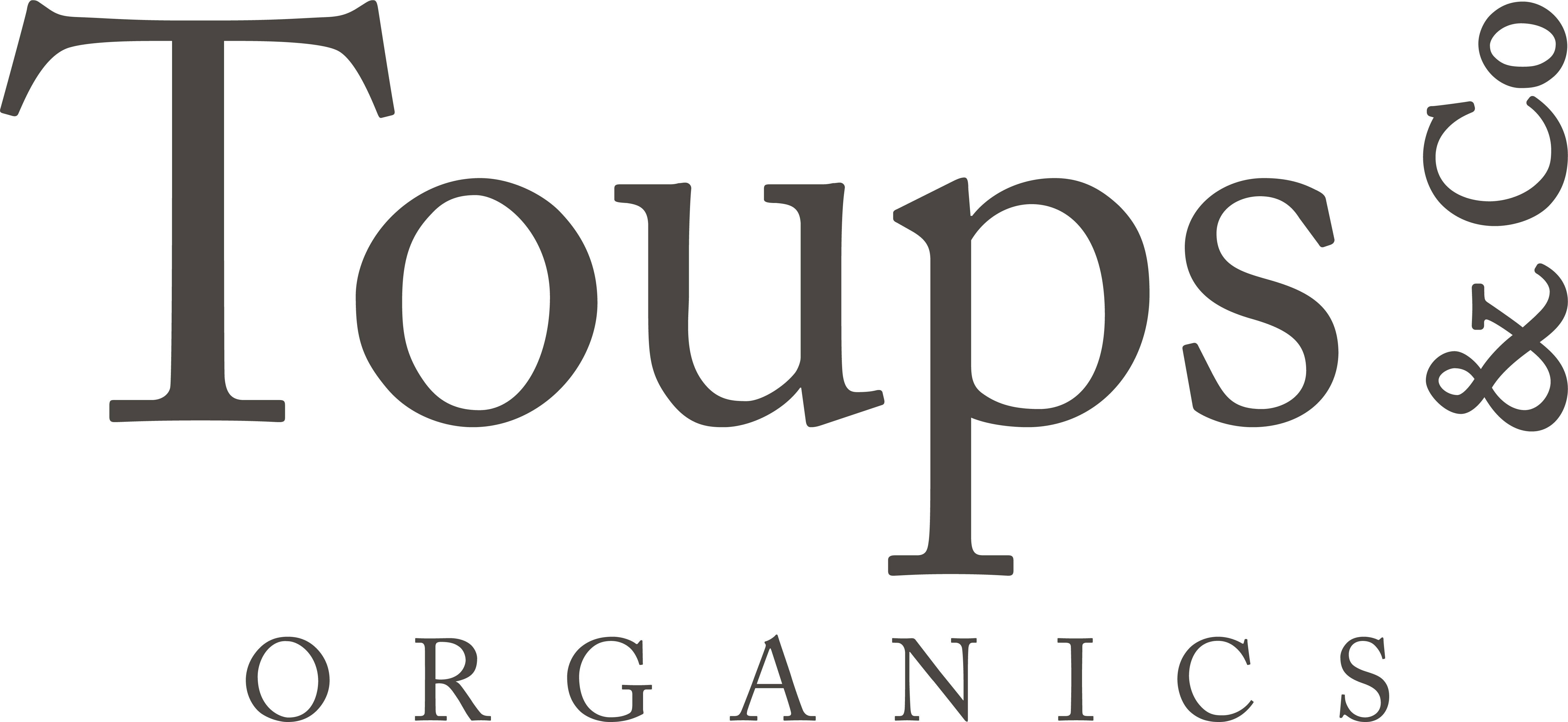Learn 10 natural ways to protect against postpartum hair loss and restore hair growth.
Postpartum hair loss occurs around 3–6 months after birth, and it’s usually driven by hormonal changes. While it’s an emotional experience, it’s a good reminder to nourish your body well, especially during a season where your own needs take the back seat. This is your reminder to take care of yourself with these easy postpartum hair loss remedies.
Why Does Postpartum Hair Loss Happen?
Postpartum hair loss mainly occurs for two reasons: hormonal shifts and nutrient deficiencies. Throughout pregnancy, so many of your available vitamins and minerals are given to your baby, and it’s tough to keep up with the increased demand for nutrient-dense food. Additionally, hormonal shifts (a dramatic drop in estrogen) can lead to hair loss while your body rebalances after pregnancy. Postpartum hair loss is normal, and it’s a sign that you’re nourishing your baby well.
How Long Does Postpartum Hair Loss Last?
Losing your hair is emotional, but it won’t last forever. Postpartum hair loss typically lasts between 6 and 12 months. You may notice that it occurs around the same time as other hormonal shifts.
10 Postpartum Hair Loss Remedies to Stop Hair Fall and Restore Growth
Postpartum hair loss is normal, and it’s not something you have to fix. But if you choose to encourage better hair growth (or you’re simply tired of cleaning it out of the shower drain), you can try herbal supplements, gua sha for hair growth, castor oil, and collagen.
-
Gua sha for hair growth
The jagged edges along your gua sha tool can help stimulate blood flow, resulting in better hair growth. This remedy is best if your hair loss happens in patches, since you can massage those patches individually. Pair your gua sha with nourishing hair oil or rosemary water for best results.
-
Homeopathic remedies and cell salts
Homeopathy is a type of alternative medicine that shows the body where healing is most needed. It uses highly diluted plants, herbs, and minerals, so it’s considered safe for pregnant and breastfeeding moms. Sepia is a great homeopathic remedy if you experience mood swings and sadness along with hair loss.
Homeopathy has its own version of minerals called “cell salts,” which can balance the body and reduce mineral deficiencies. These minerals are more commonly turned to for hair loss than typical remedies. Our favorites are silica (a mineral boost for hair and nails) and ferrum phosphoricum (if your hair loss is driven by iron deficiency).
-
Herbal supplements or hair oils
You don’t need a fancy supplement to curb postpartum hair loss. Herbs like rosemary, aloe vera, lion’s mane, and ginseng work just fine. You can use these in a tincture or apply them directly to your scalp. Focus on herbs that improve blood flow, reduce stress, and calm inflammation.
You can make your own rosemary water at home by boiling water and fresh rosemary together. Strain out the rosemary and then add it to a spray bottle for easy use.
-
Eat collagen and gelatin-rich foods
Nutrient deficiencies can drive both hair loss and hormone imbalance. That’s why it’s so important to focus on quality protein and fats in your diet. Both collagen and gelatin are rich in amino acids, delivering the exact nutrients needed for hair and skin support. They can reduce hormonal acne, brain fog, pregnancy injuries, and even mood swings. Add collagen powder to your coffee or make homemade gelatin gummies as a snack.
-
Get scalp massages
Tell your partner it’s for your health. Massages help boost blood flow to the scalp, stimulating hair growth. They’re easy to pair with your homemade rosemary water, an herbal hair serum, cold-pressed castor oil, or our beard oil (which works for hair growth, too!). You can also pair your massage and serum with a gua sha tool.
-
Get a Hair Tissue Mineral Analysis (HTMA test)
This is a test that analyzes a hair sample for vitamins and mineral deficiencies. If your hair loss is accompanied by other symptoms (like brain fog, mood swings, and fatigue), it’s a powerful way to understand the bigger picture. Look specifically at your magnesium, zinc, iron, vitamin A, and vitamin B levels, since these are critical for hair growth.
-
Try trace mineral drops
Every new mom should take trace minerals. Period. Breastfeeding can be dehydrating, and physiological stress (read: pregnancy) can rapidly deplete mineral stores. Not to mention, our modern water sources are devoid of nutrients and just can’t keep up with the increased needs of motherhood. Mineral supplements can be as simple as shilajit, wild sea moss, or formulated trace mineral drops.
-
Lower stress levels
Easier said than done, right? Whether or not you have hair loss, it’s so important to limit stress as a new mom. The tasks that feel simple, like comforting your baby or waking up in the middle of the night, take so much from your body. Make sure you have a strong community around you, and don’t be afraid to ask for help when you need it.
-
Red light therapy
If you have a red light therapy device at home, you already have a home remedy to encourage hair growth. In some cases, hair loss may be driven by inflammation in the scalp. Red light devices improve scalp health and reduce inflammation, hopefully slowing the hair fall. Just spend a few minutes a day with your scalp in front of your red light panel, or find a red light helmet that’s made for hair growth support.
-
Reduce chemical exposure
Whether or not your hair loss is driven by environmental chemicals, this is the perfect time to detox your hair routine. Shampoo, conditioner, and leave-in treatments coat your scalp with hormone disrupting chemicals, alcohol, and plastic, which can aggravate symptoms. Many women find that hair loss significantly decreases when they actually feed their scalp with real nutrients.
Need Permission to Nourish Yourself Well? Here It Is
Postpartum hair loss is totally normal, and it doesn’t mean you did anything wrong during your pregnancy. You’re allowed to feel sad about it and find home remedies that work for you. That said, these subtle signs from your body are a good reason to lean into self-care. If you need permission to fuel your body, go to bed on time, get help for postpartum depression, or ask your friends and family for support, here it is.

